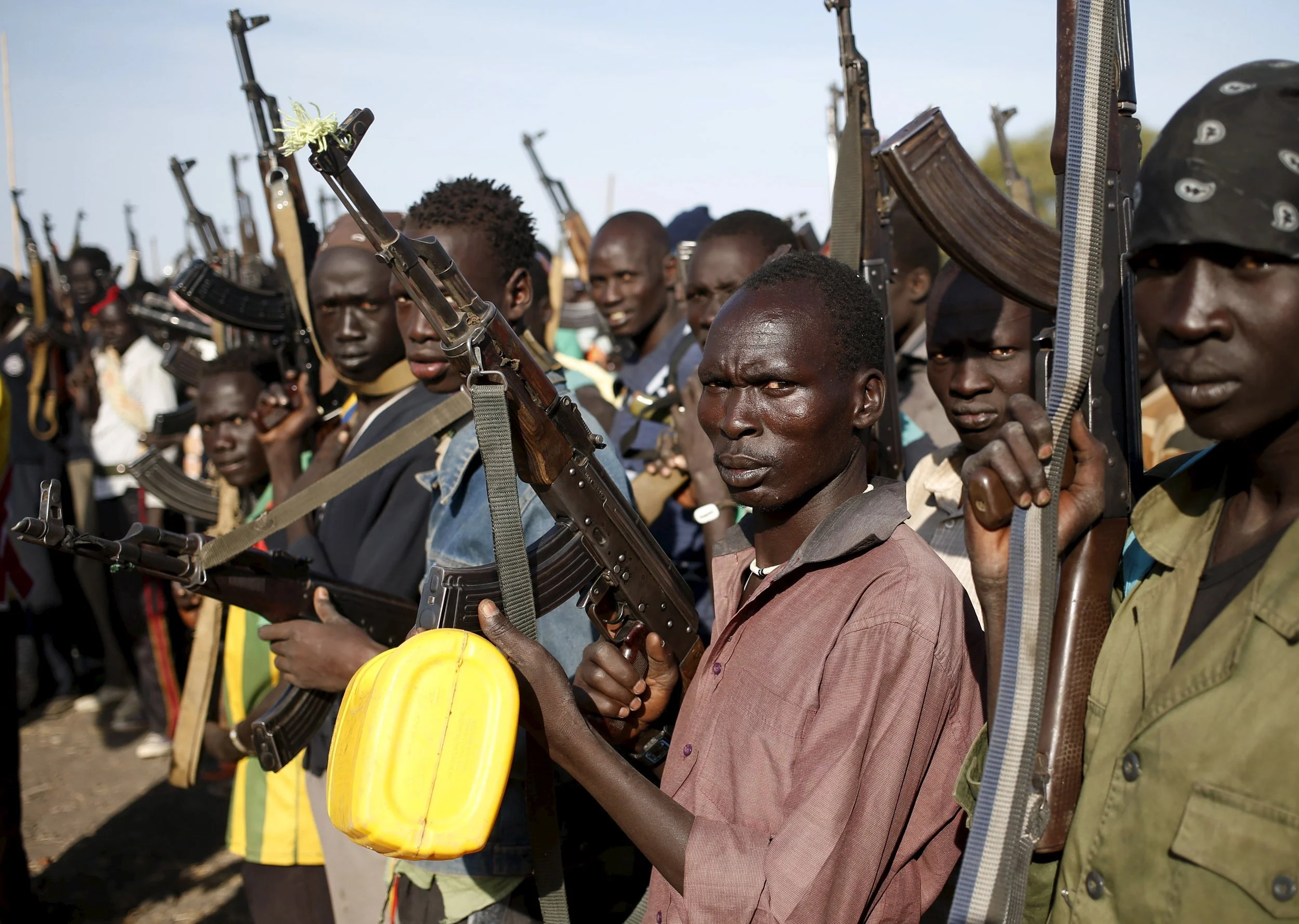In Sudan, the conflict has intensified with the advancement of the Rapid Support Forces (RSF).
This has led to increased calls for civilian armament, raising fears of a widespread civil war.
The RSF’s control over regions such as Al Jazira has been concerning, especially with reports of their fighters’ abuses.
This situation has prompted various civilian groups to advocate for armed resistance.
The rivalry between army chief Abdel Fattah al Burhan and RSF commander Mohamed Hamdan Daglo has significantly marked the conflict.
Over 12,000 deaths have been reported, and the UN cites massive displacements, including 1.5 million refugees in neighboring countries.
In response, local authorities have started arming and training youths for self-defense, as seen in Shendi and Suakin.

Simultaneously, there are reports of RSF distributing weapons, signaling a pressing need for controlled disarmament.
The Small Arms Survey indicates a notable armed civilian presence in Sudan, with particular concern in Darfur.
The UN warns about the dangers of increased civilian armament and calls for dialogue and de-escalation.
The ease of obtaining weapons, both before and during the conflict, highlights the complexity of the security situation.
Understanding the diverse perspectives and motivations in this conflict is crucial.
Advocates for dialogue, including security officials and civil leaders, emphasize the importance of communication over further arming civilians.
Their stance underscores the need for a balanced approach in reporting and policymaking, considering the region’s historical, cultural, and political nuances.
Background
Sudan’s crisis stems from a prolonged power struggle between the military and paramilitary groups like the RSF, causing widespread violence and instability.
The conflict intensified after the ousting of long-time ruler Omar al-Bashir in 2019, leaving a vacuum and escalating clashes over control and direction of the country.
Economic hardships, exacerbated by sanctions, mismanagement, and conflict, have led to soaring inflation and shortages, further distressing the populace.
Ethnic and regional divisions, alongside historical grievances, particularly in areas like Darfur, contribute to ongoing conflicts and human rights abuses.
International efforts have failed to resolve Sudan’s crisis, leaving it in a state of ongoing turmoil with uncertain leadership and future.

